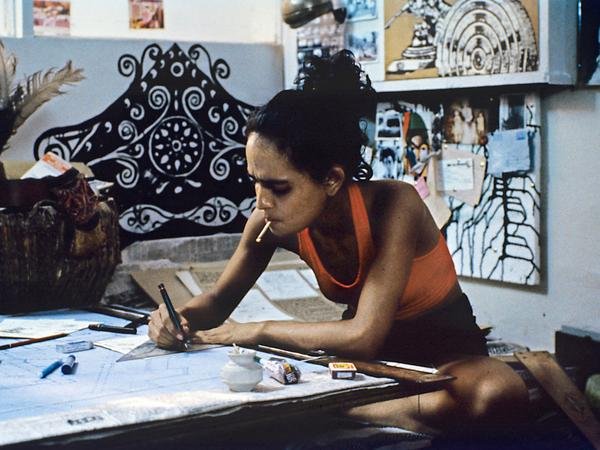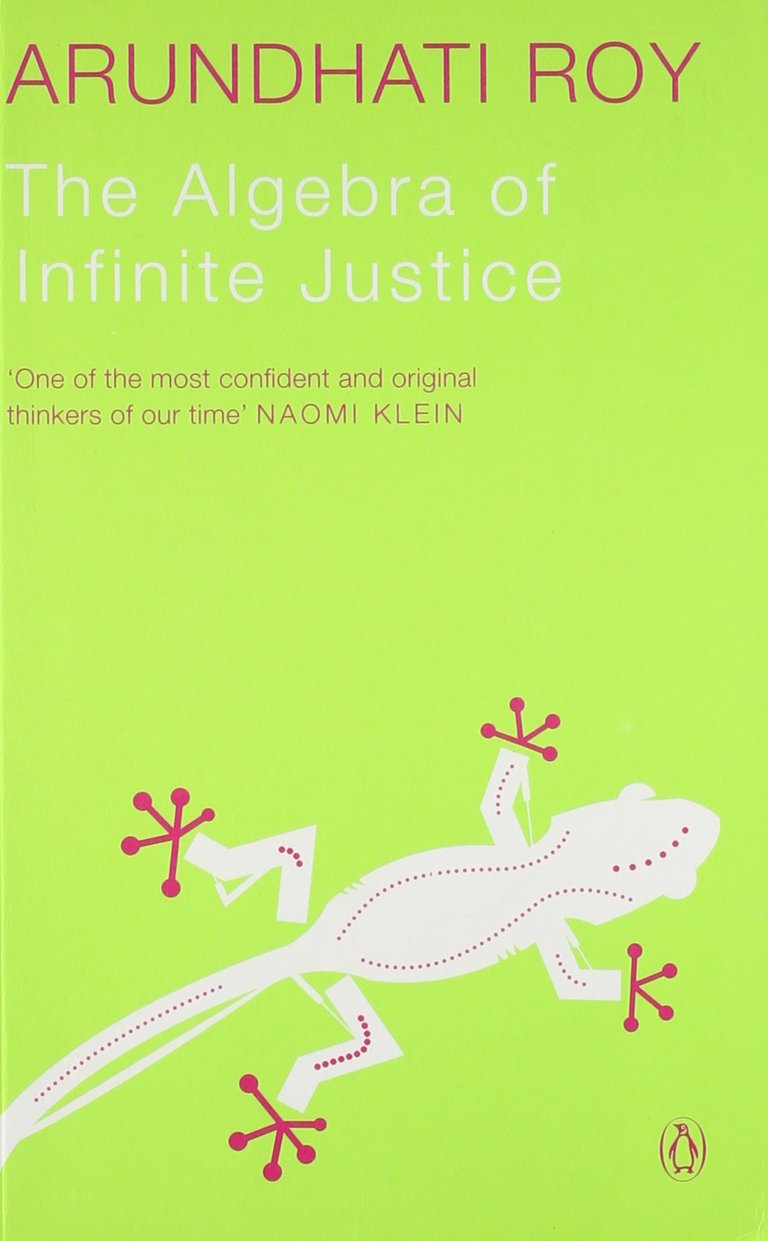In this series I share my love of non-fiction books, and discuss why reading is important; especially in our digital day and age.
On the writer, actor, crititc and director, Arundhati Roy.

What do you do when you want to better understand the world? Perhaps turn on the TV only to be met with dummed down broadcasting made for the lowest denominator.
"Fine" you say, and pick up a magazine only to see half of it being advertisements and the other be lifestyle guides.
Sigh.
Fed up with it all you switch on the radio, but tune in to three dudes chatting shit in a crammed apartment downtown. Disappointing to say the least.
Dishearthened you give up and watch YouTube videos and procrastinate for the rest of the day. Success.
We all want to better understand what's going on around us, but random folks on Twitter seem unreliable, one shouldn't put too much faith in the news, and daily/weekly publishers are burdened by us not paying for their content.
There's is, however, one area where there's no lack of quality content; books and essays.
I know it sounds boring, but I'll talk about some of the books that changed the way I see the world every few days, and hope you will join the conversation too.
These works are often bite sized essays that are thrilling to read, and that made some sense of a very confusing world.
To start off with I'll highlight one of my favourite writers and critics: Arundhati Roy.
Who?
I'll give you a short briefing.
Residing in New Delhi, India, Roy was a booker prize winning fiction author for her 1997 novel, The God of Small Things and her sophomore effort was anticipated with excitement amongst readers worldwide.
The sequel didn't come until 2017.
Because rather than writing a second, third and fourth novel immediately, Roy had begun writing tons of political essays discussing Indian politics, US aggression in the Middle East, nuclear programs of developing nations, and feminism, thus thoroughly placing her on the far left of the political scene in India; a dangerous place to be in times of rising nationalism.
Where her fiction was subtle, soft and elegant in syntax, her non-fiction is in your face, stringent and to the point. Roy is a strong adversary to populism and conservatives from around the world.
Her essays have since been published freely online or in small book form collections. They range in length as well as in topic, but are always personal, gripping and informative.
Well, where do I start?
I'd say a good place to start is with her essay on the US invasion of Iraq and later Afghanistan titled The Algebra of Infinite Justice as it's both incredibly gripping and to the point.

After that read Things That Can And Cannot Be Said which is an interview between Roy and Edward Snowden about internet freedom and freedom of speech.
Then read Field Notes on Democracy: Listening To Grasshoppers about Indian neo-liberal reforms wrecked their economy and how deadly Hindu nationalism is on the rise in the largest democracy on the planet.
And, if you got this far, do yourself a favour and read her fiction too.
EDIT:
(all of her writing is accesible for free online. simply google the title followed by pdf. or be a champ and support her by buying her books.)